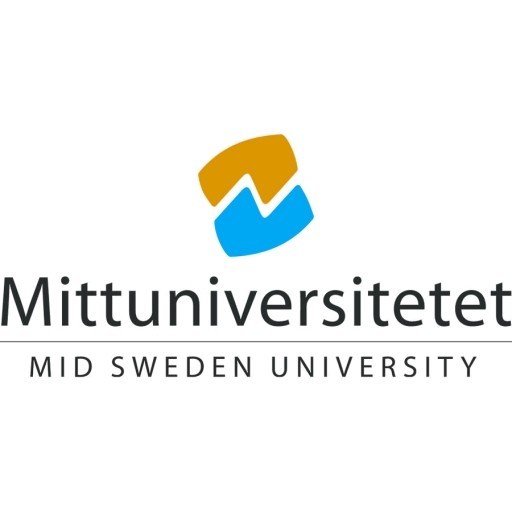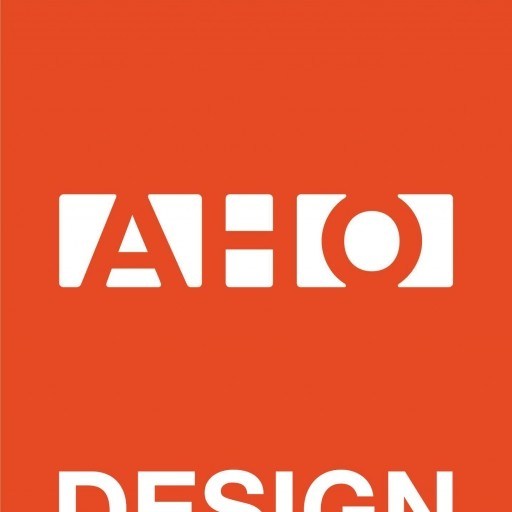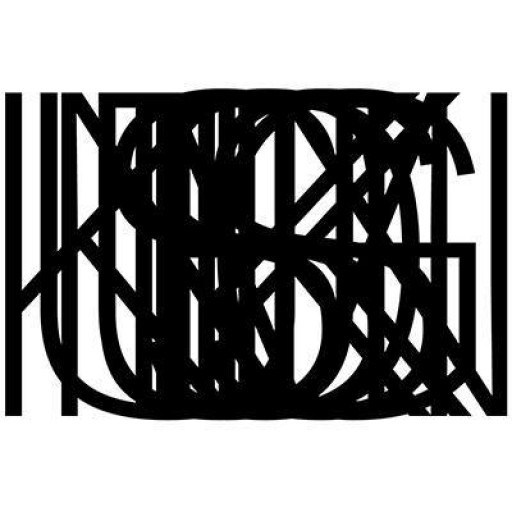Photos of university / #mittuniversitetet
Advertisement
This programme focuses on embedded electronic systems with sensors. Electronics systems are increasingly common and can be found in a wide range of products on the market, among other things in cars, refrigerators, keys and packaging. During the programme you will broaden your knowledge of different design technologies used to create embedded sensor systems. The programme is continuously updated with the latest development in the field, in collaboration with researchers and industrial partners.
Most products today have embedded electronics, regardless of whether or not they have previously been associated with electronics. For example, you will be able to find electronics in cars, refrigerators, keys and packaging. In many instances these embedded systems also have sensory functions which range from simple temperature sensors to complicated sensors based on video technology.
The programme will give you a wide range of knowledge of different technologies which serve as the basis in designing embedded sensor systems. During the second year you will specialise and acquire a deepened knowledge in a specific area through individual projects.
Because the programme is open for applicants from all over the world, you will have the opportunity to develop international contacts. The programme is entirely in English and will give you increased skills in communicating in international projects.
The programme consists of 60 Credits (60 ECTS) courses as follows:
First Cycle, 25.5 Credits (25.5 ECTS)
* Electrical Engineering BA (B), Analog Electronics, 6 Credits *
* Electrical Engineering BA (B), Metrology, 6 Credits
* Electrical Engineering BA (A), Digital Electronics with VHDL, 6 Credits
* Electrical Engineering BA (B), Programming Embedded Systems, 7.5 Credits (Option 1)
* Electrical Engineering BA (A), Microprocessor Systems Design, 7.5 Credits (Option 2)
Second Cycle, 94.5 Credits (94.5 ECTS)
* Electronics MA, Applied Digital Filters, 3 Credits
* Electronics MA, Sensor Components, 6 Credits
* Electronics MA, Applied Sensor Systems, 9 Credits
* Electronics MA, Sensor Networks, 7.5 Credits
* Elektronics MA, Machine Vision Systems, 6 Credits
* Elektronics MA, System Modelling, 3 Credits
* Electronics MA, Project in Electronics System, 15 Credits
* Eletcronics MA, Project in Sensor Systems, 15 Credits
* Electronics MA, Master's Thesis Work in Electronics, 30 Credits
*) For students studying in Trondheim the course is replaced by Introduction to Semiconductor Technology, 6 Credits.
Want to improve your English level for admission?
Prepare for the program requirements with English Online by the British Council.
- ✔️ Flexible study schedule
- ✔️ Experienced teachers
- ✔️ Certificate upon completion
📘 Recommended for students with an IELTS level of 6.0 or below.
Scholarships for studies at Mid Sweden Universities
Mid Sweden University Tuition fee Scholarship
For high performing students applying to a study programme at Mid Sweden University starting spring semester 2014, we will offer a number of scholarship which will result in a fee waiver of the tuition fee with 70 000 SEK or 125 000 SEK, depending on the program one chooses to study.
Swedish Institute scholarships
The Swedish Institute, a government agency, administers scholarships for students and researchers coming to Sweden to pursue their objectives at a Swedish university. Other organizations, both Swedish and foreign, also sponsor scholarships for foreign students in Sweden. The number of available scholarships varies from year to year, and competition is keen.
Global Grant
Also visit the Global Grant website for information about scholarships.









